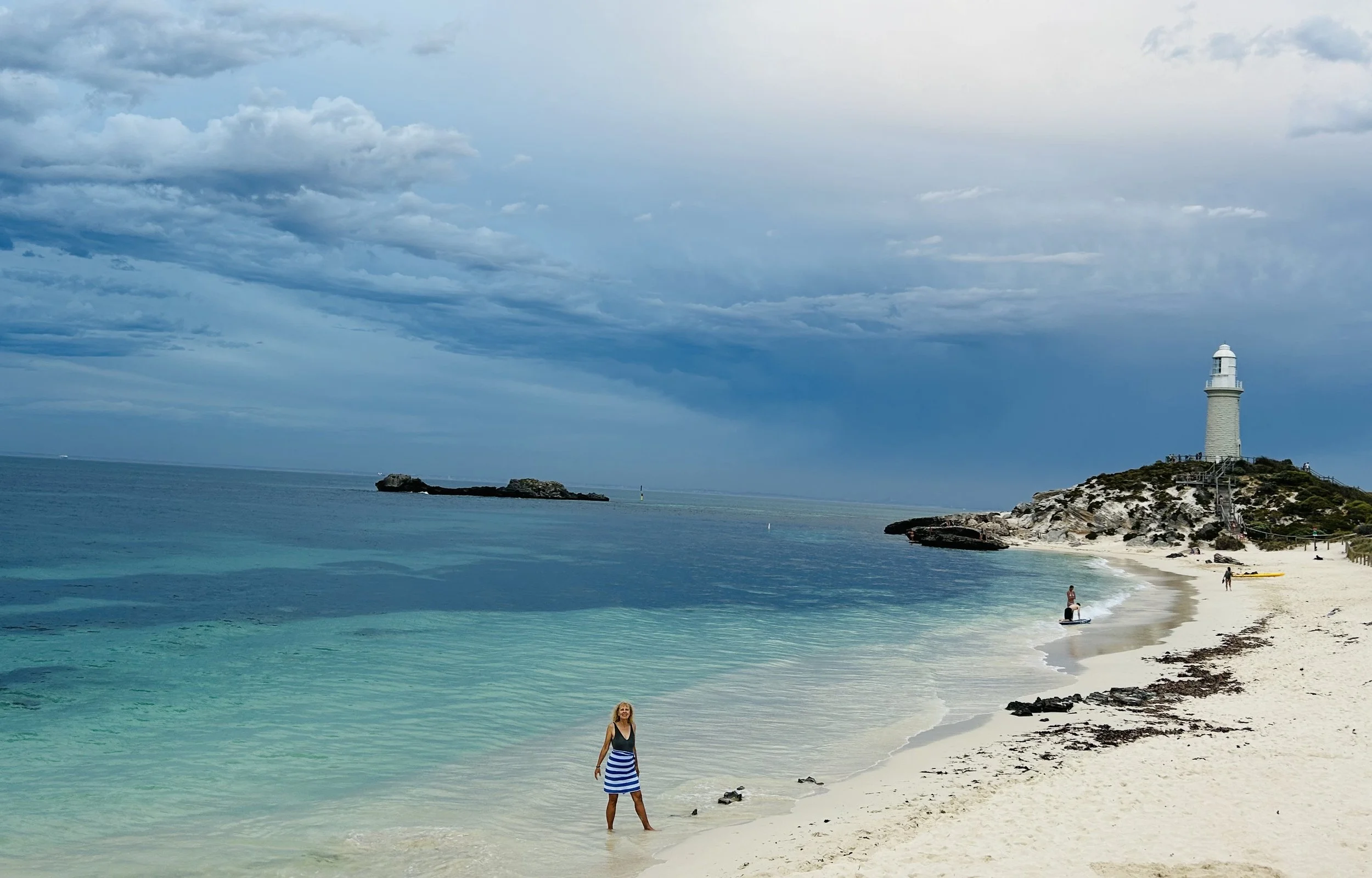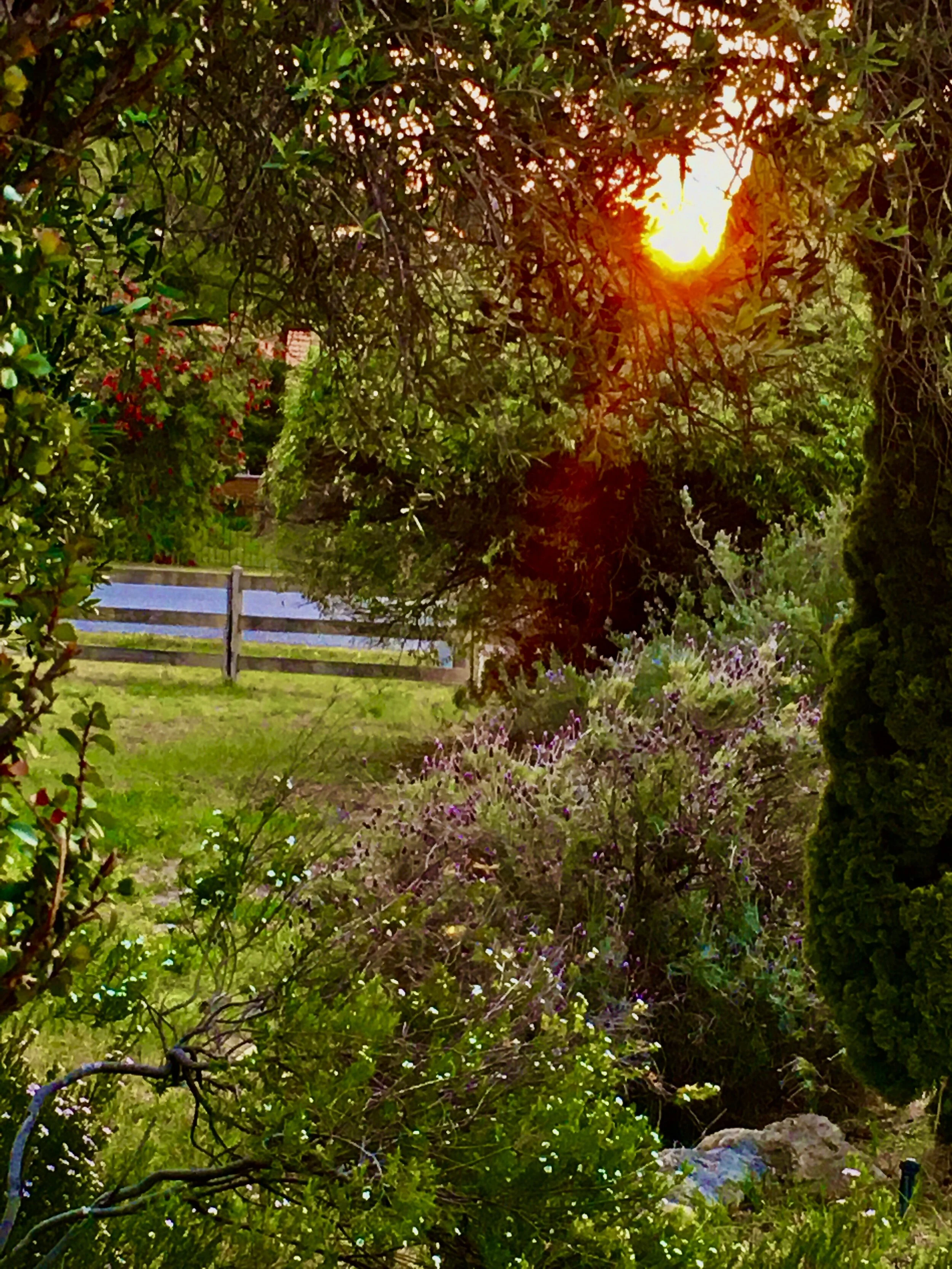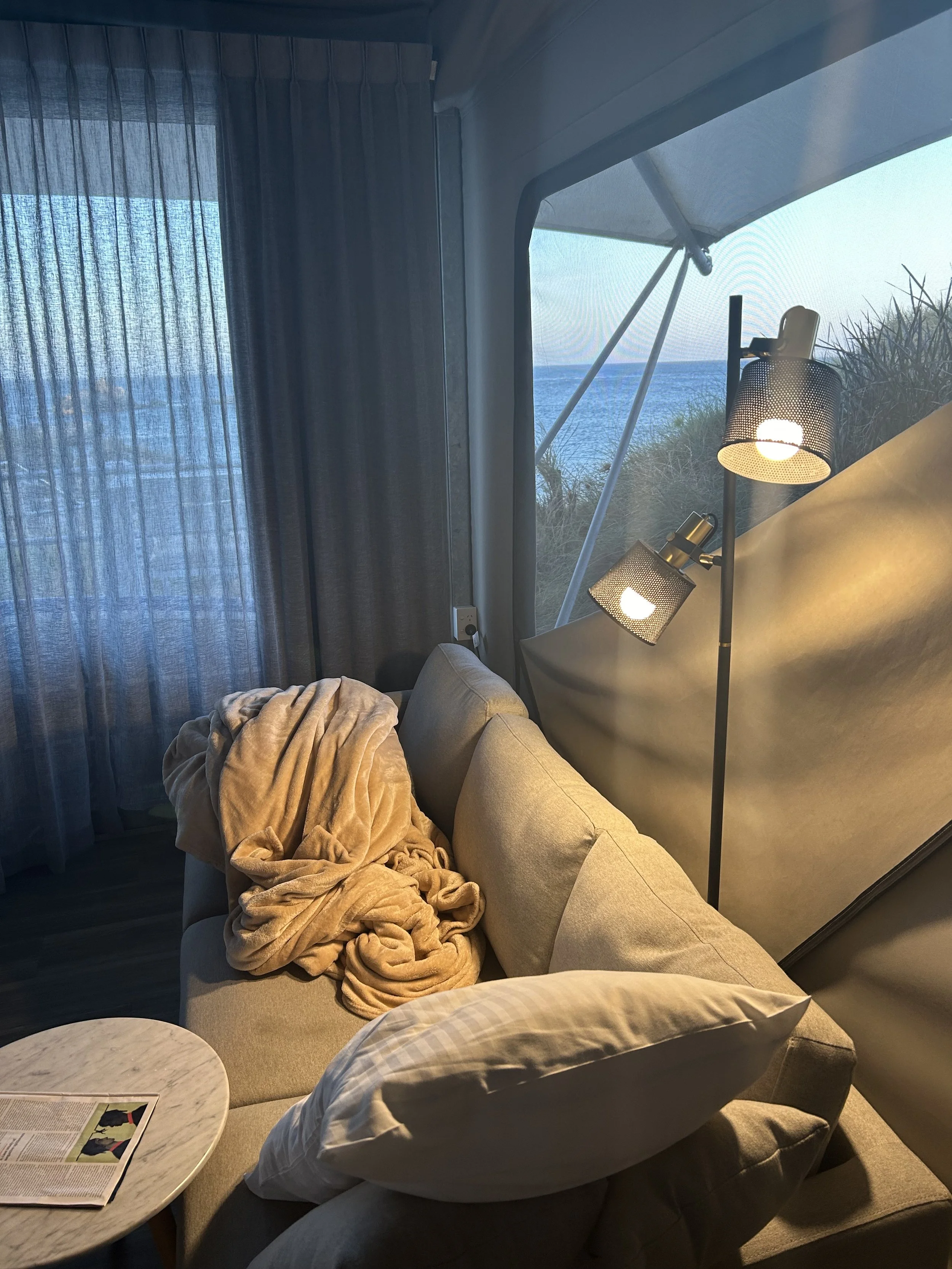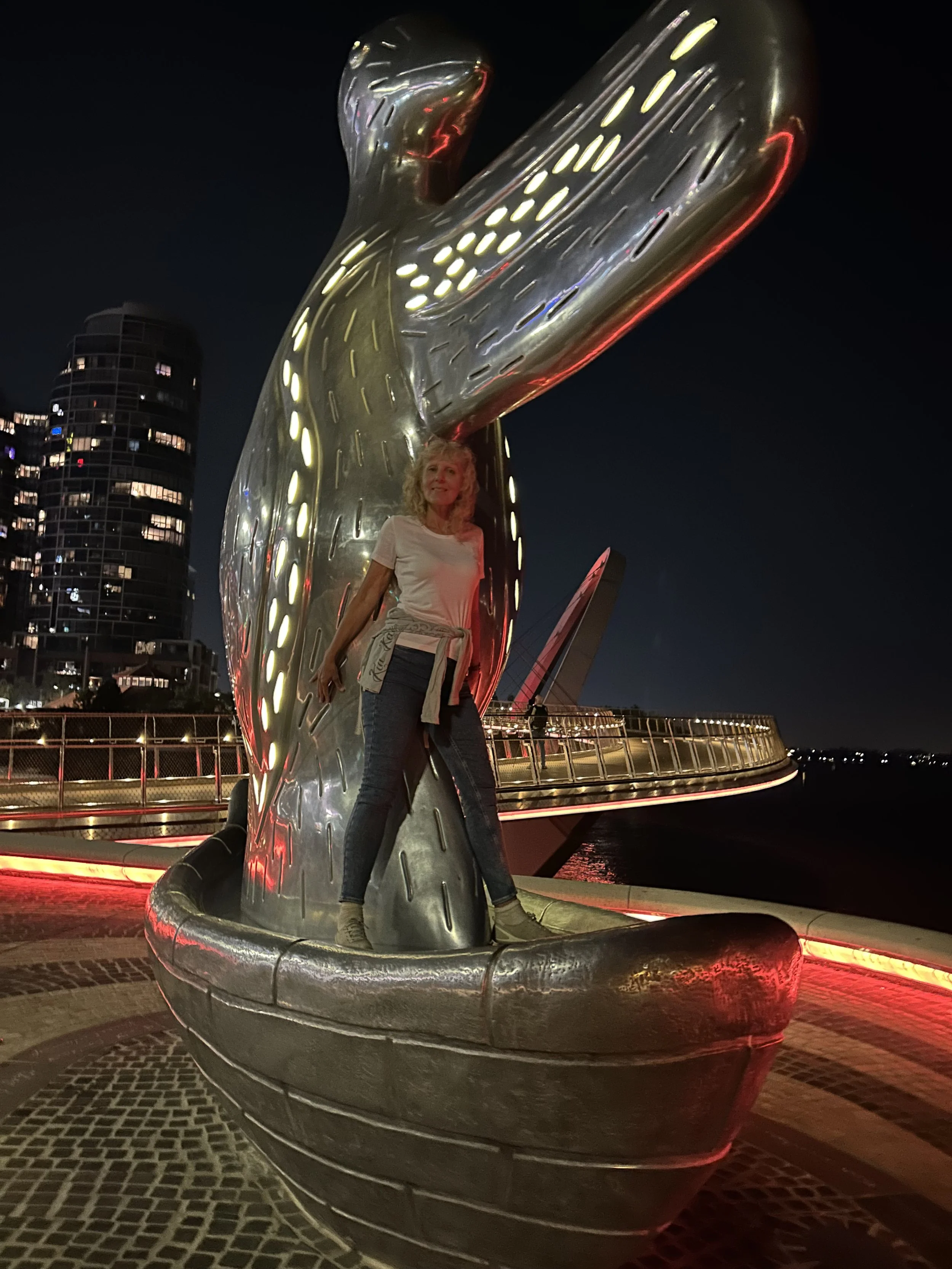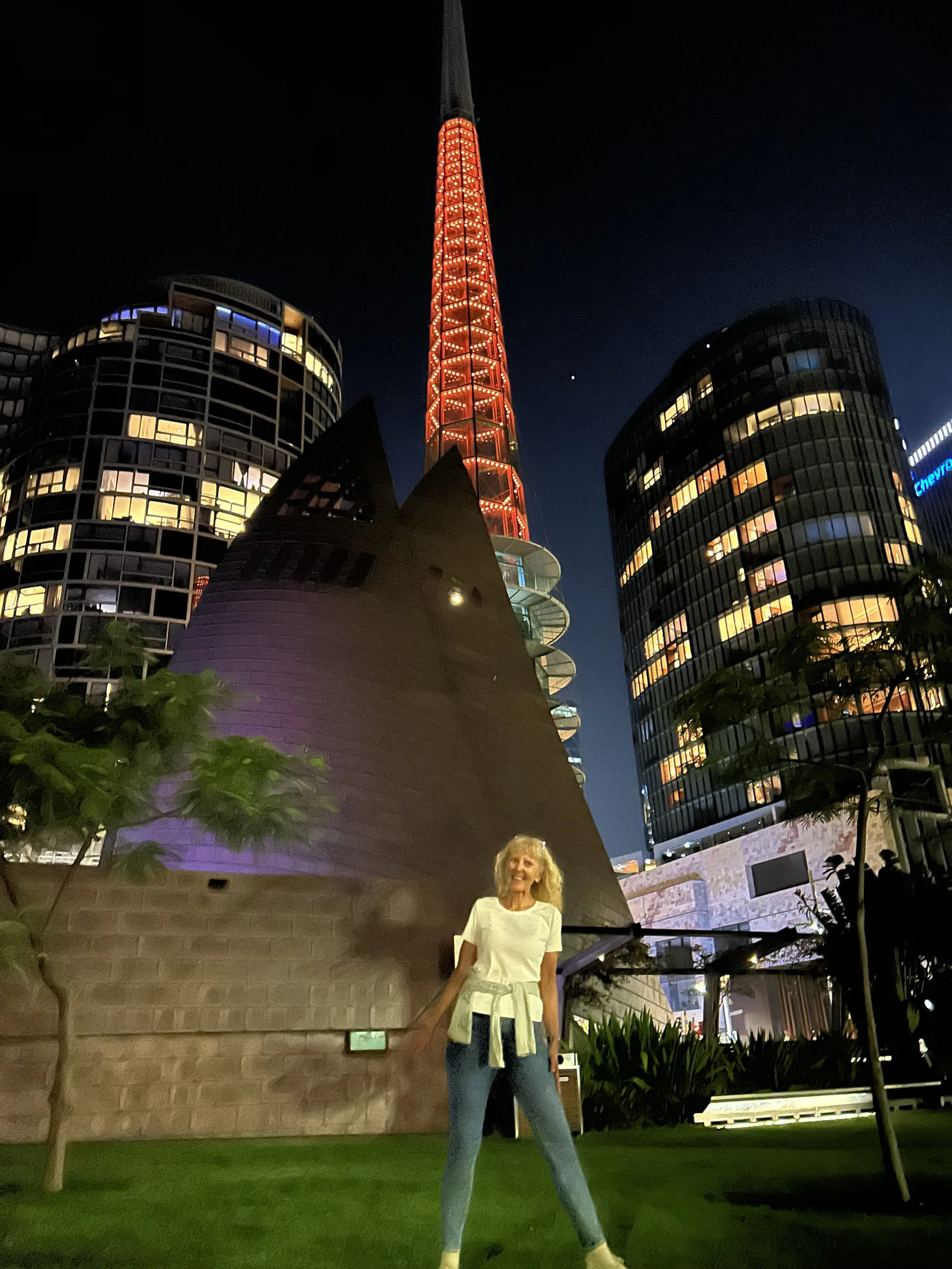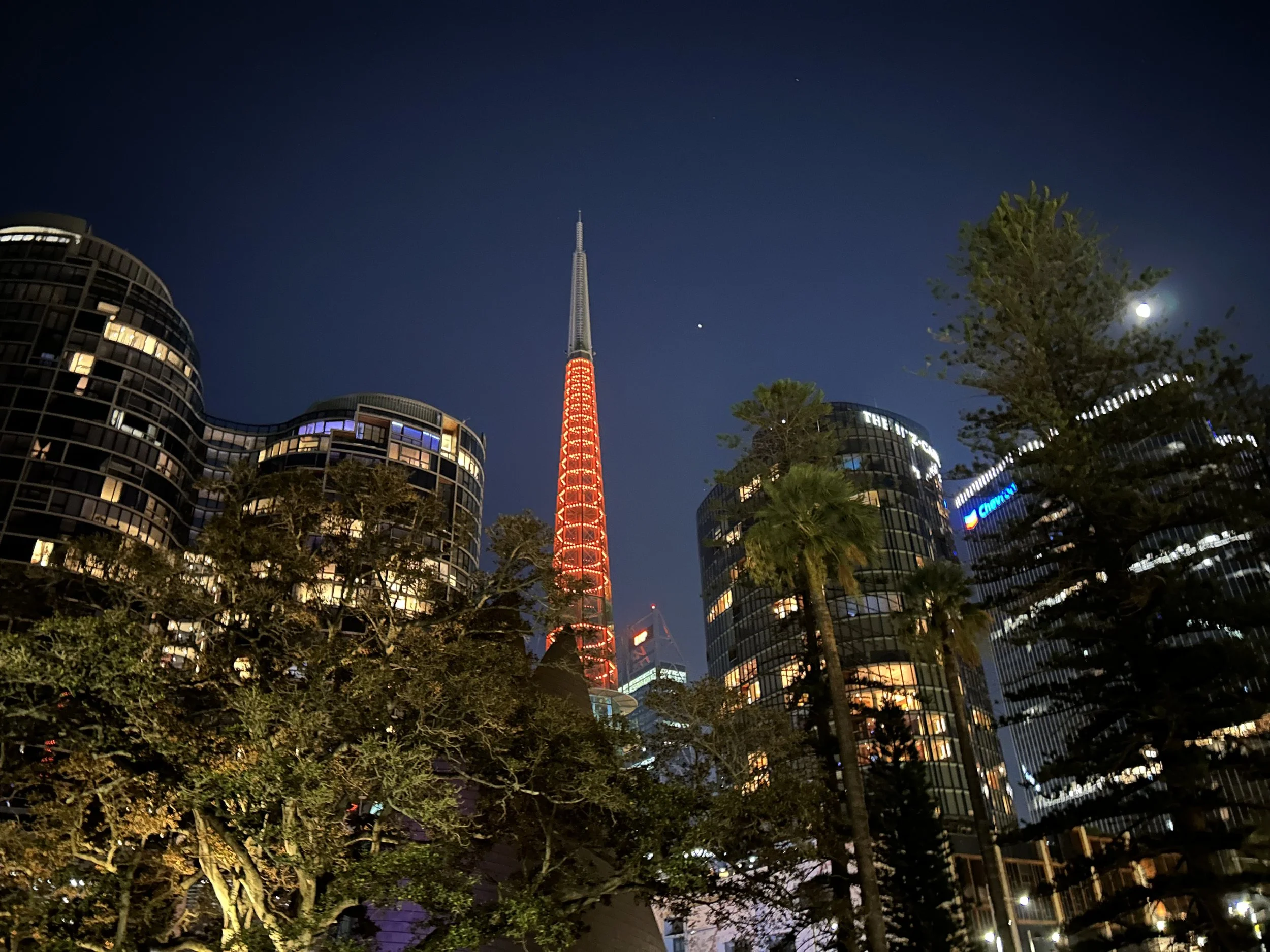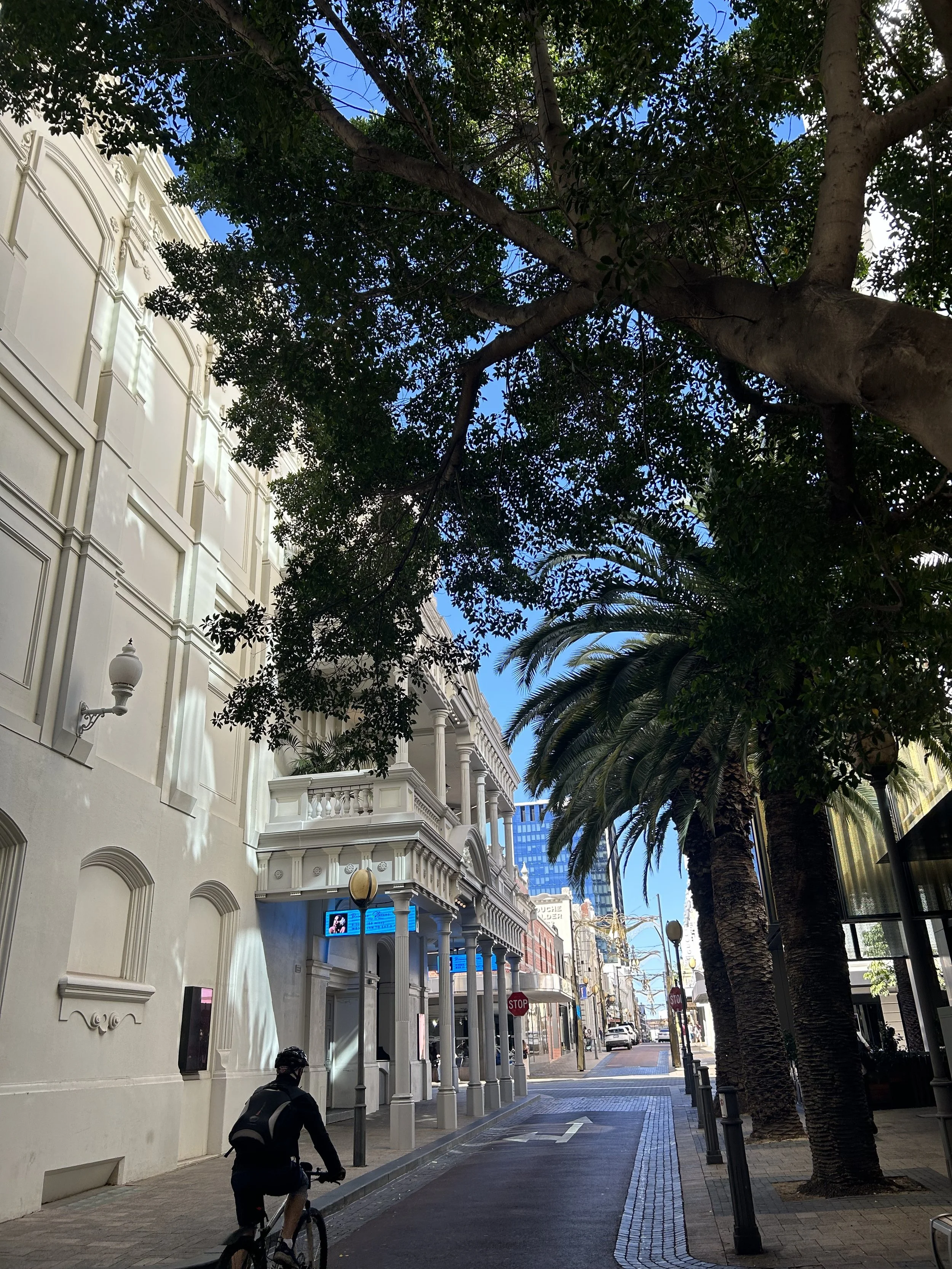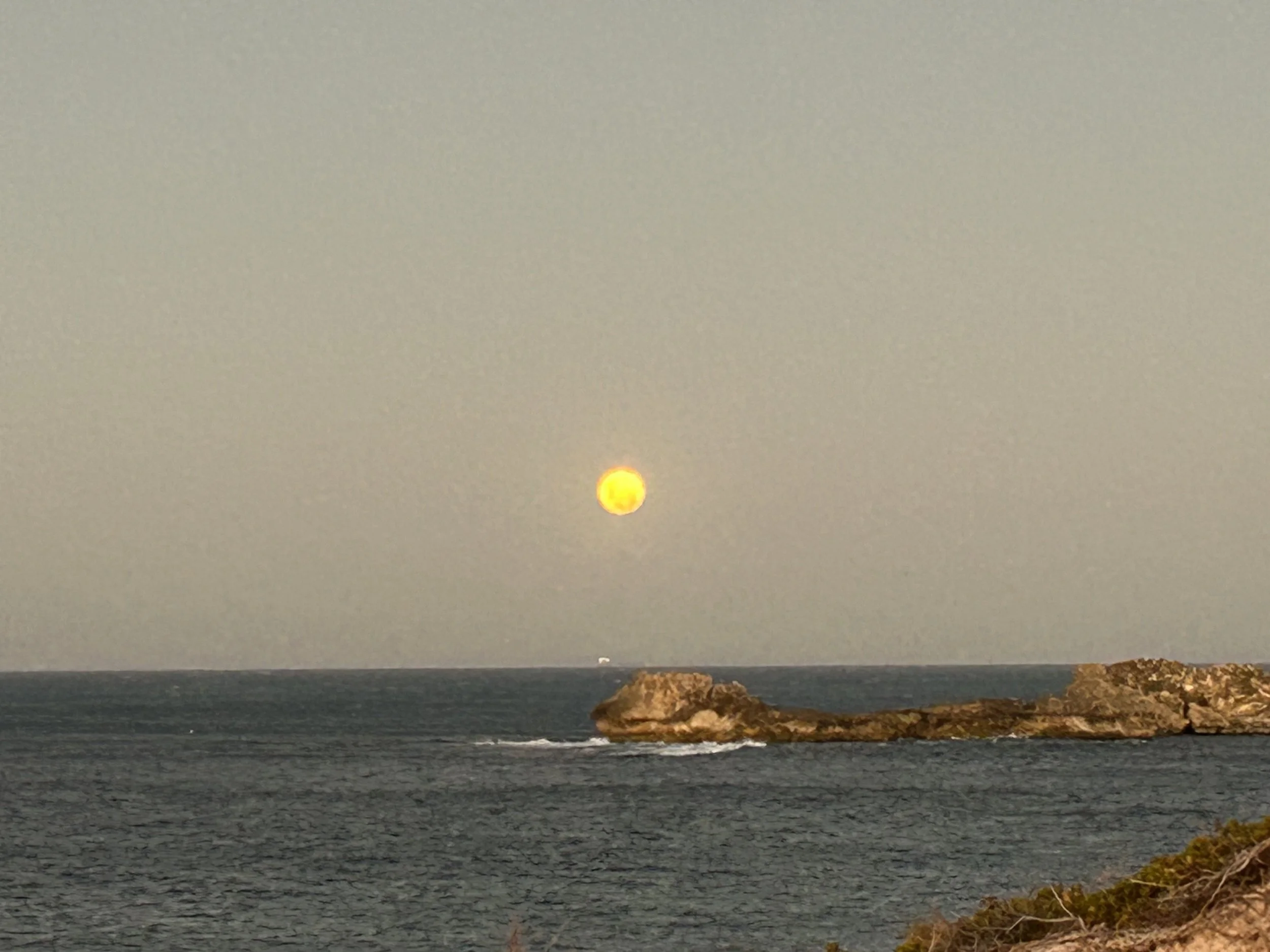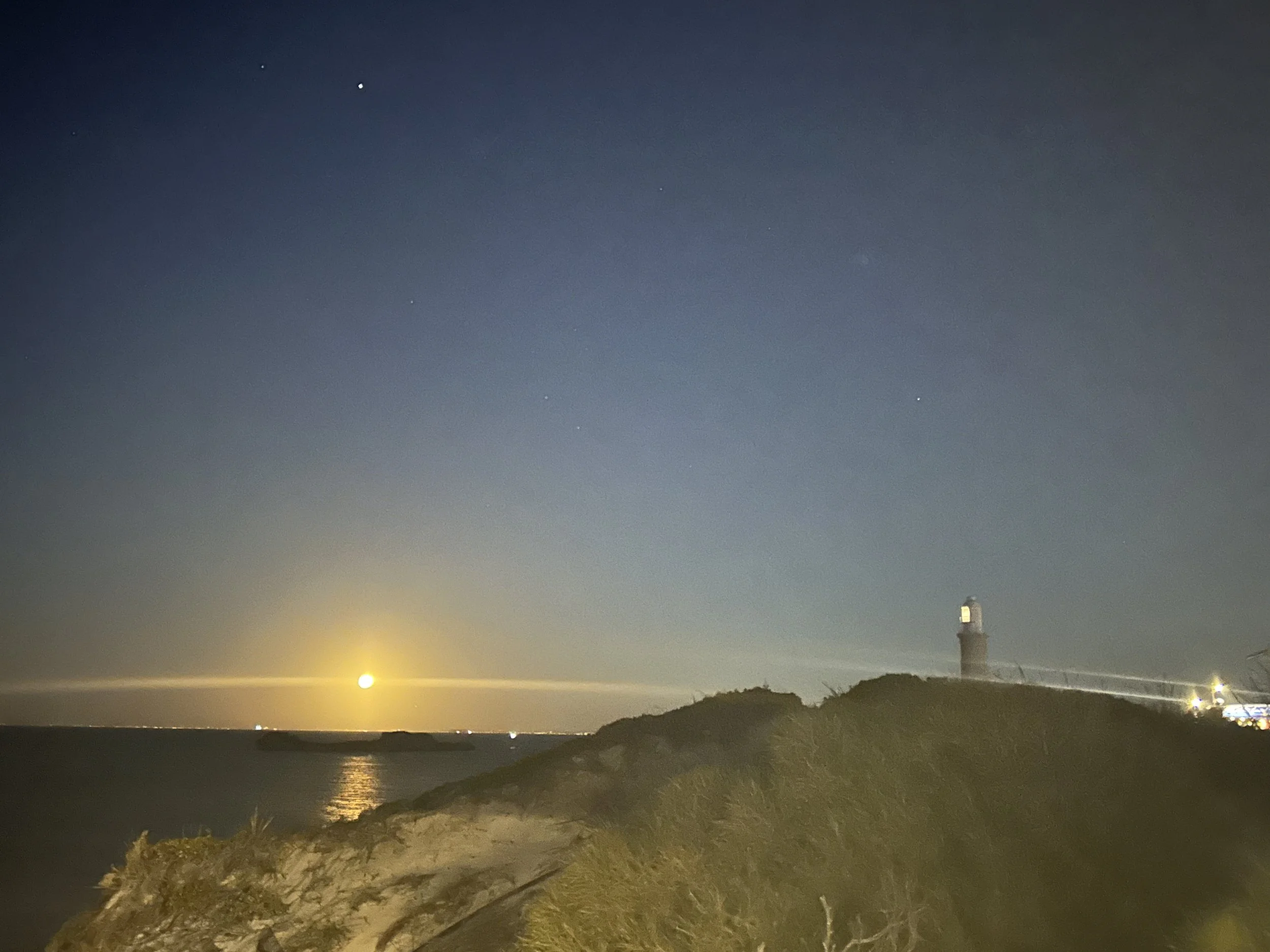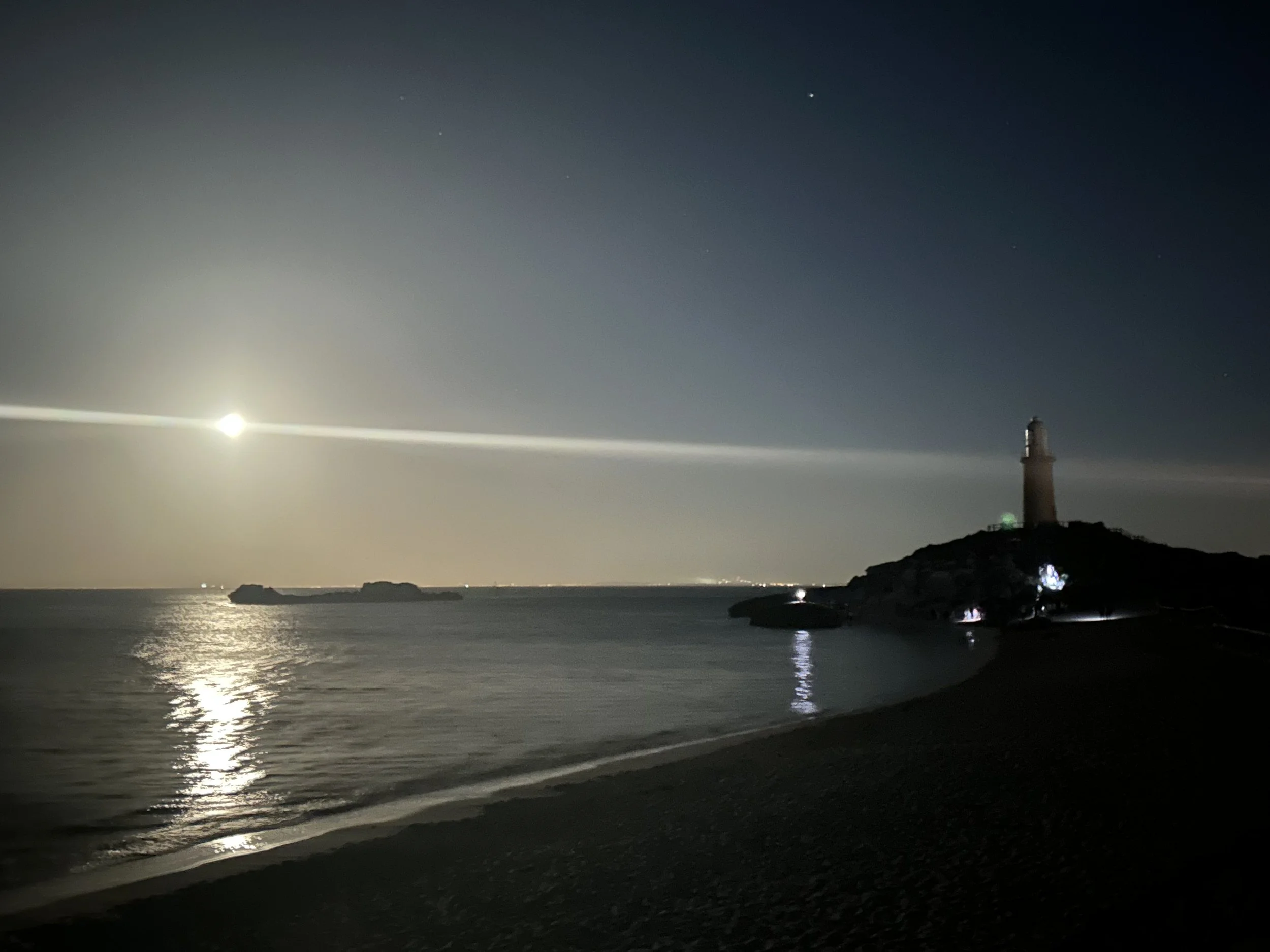“It is certain, in any case, that ignorance, allied with power, is the most ferocious enemy justice can have. James Baldwin
“It took us so long to evolve from primates to humans over a thousand million years and from Hominins to Humans another two millions years. It was all good for nothing as all we are good at is destruction.”

I am human. I'm going to die...
At the Beginning….
"Death is life's best invention",
the late Steve Jobs once said.
"Capable of stripping away all pride and fear of embarrassment, failure, and all external expectations. Leaving behind only what's truly important". The carers of the dying are surrounded by death every day. They know it all
very well. The living don't want to hear or talk or write about the final chapter of life. The window of opportunity to better understand death prompted one doctor named Doug Bridge to take notes while conversing
with the dying. The result is a beautifully confronting writing: 'Conversations with the dying.' Even more compelling is the knowledge that all died soon after their words had become immortal... There's no connection
to the afterlife, no voices from the other side. They all agreed that their deaths gave them a gift,an altered state
of consciousness allowing them to appraise life in a way that living could not.
"You have to stop. You can't escape it." "In many ways people become the most honest they've ever been,
because there's no pretence any-more." Doug scribbled his notes. Doug, a stranger, turned up at the bedside
of six terminally ill patients who'd been told by their doctors that they'd only weeks left. He asked them to share
their innermost thoughts, as they contemplated their lives coming to an end. To his great surprise, no one turned down his request. For them, it was a rare chance to talk about death. Something they weren't comfortable
doing with relatives or hospital staff. Regrets and fears about how family members would cope, were common themes. They were dying and feeling worthless, a burden on their family, facing death while feeling like
they had no control over anything anymore. When Doug asked them how they really wanted to spend their final days, there was no burning desire to visit far-flung places in the world. They just wanted to be at home,
wherever that was. Fifty year old Lesley shrugged off any fears of dying, saying that the suicide of her twenty-five year old son, five years earlier, was the worst thing she'd ever face. "I know that some people would be absolutely devastated, but this gives me time to tell them how I feel and what I want them to have. If I could have been killed in a car accident, then I wouldn't have this time." Lesley smiled a weak smile: "We all have to die, I'm just going a bit sooner than others." She died two weeks later.
"When you're dying, you become real," one of the patient's explained.
Indigenous communities aren't afraid of dying. They only fear dying without their family or being out of their country.
At the end of a road I spotted kangaroo prints. Then I remembered my final trip with my father....
His final trip from the hospital to his home where he'd die....My father noticed an old tree on the side of the road.
One that we'd passed every day for years.He asked me to stop the car, then got out to touch the smooth white trunk.I hurried him back to the car, eager to bring him home safe..."This is the biggest tree recorded on the Swan Coastal Plains," he said:"It's between two and three hundred years old and has a diameter at breast height of 3.5 m.""Dad," I protested: "It's just a tree. Come back to the car before you exhaust yourself."
"It's not on the 'tree register'. I checked before I went to hospital," he added quietly, looking up at its majestic crown."So maybe you're wrong about its age. It looks ordinary, just like any other tree..." I continued, taking his arm."This tree is dying," he said sadly, looking into my eyes: "They didn't put its data into the register because it has only a few years left...""It looks like it's in good condition, I mean, for its age," I quickly replied, unsure about my Dad's mental condition.
"Come on, Dad. Let's go home," he let me lead him back to the car, repeating to himself: "The tree has huge termite damage. It could be treated but that would only prolong its suffering."
"What's the ultimate meaning of suffering?" He asked me quietly in the car, as he watched the tree disappear behind us. "I don't know, Dad. I really don't."
"In a world without God," he continued as I was driving: "One's suffering doesn't mean much beyond itself. Your predicament is only worsened by this realisation..."
"But you don't believe in God, Dad. Do you?" I asked, confused by his monologue.
He continued, without answering my question: "Your demolition as a human being will never mean anything. You suffer for nothing, You suffer for nothing, you die, you disappear..."
"Please, Dad, don't talk about death. You'll live for many more years," I begged.
"I have to talk about it. When the inevitable is coming, my daughter. Death denial is also life denial." He smiled at me. "Because if we had a chance to live forever or better still, if we were allowed back to do it better next time, then we'd just fritter away time doing things that don't inspire us."
"Give me the chance to live forever and I promise you I'll cherish every minute of my life," I laughed.
"No you wouldn't, and you know it. We cherish only what's precious to us, the things we may lose," he got out of the car to walk toward his old house.
The house had a fragile beauty with its delicate bones of deteriorating carved wood and iron fences: "Just like in the cemetery, my next home," my father nodded quietly, entering his home for the last time.
As modern medicine prolongs lives and chronic diseases like cancer increases, sudden death is more unlikely
and less common. We find ourselves living with the knowledge that our time's running out. That window of time
represents a chance for you, for me, for us, for families to remember to tell stories, share memories and pictures,
and say their goodbyes. It can also be a time to say sorry. 'IF WE KNOW HOW TO DIE; THEN WE KNOW HOW TO LIVE,' were the last words with which Doug Bridge finished his 'Conversation with the dying.'
I've read it. It was the word 'dying' that was heard before. "I like getting old," I said to myself: "It's kind of curious to see that you're heading to all the places, you've seen, the people dear to you, and those who go before you. Death is your final destination."


